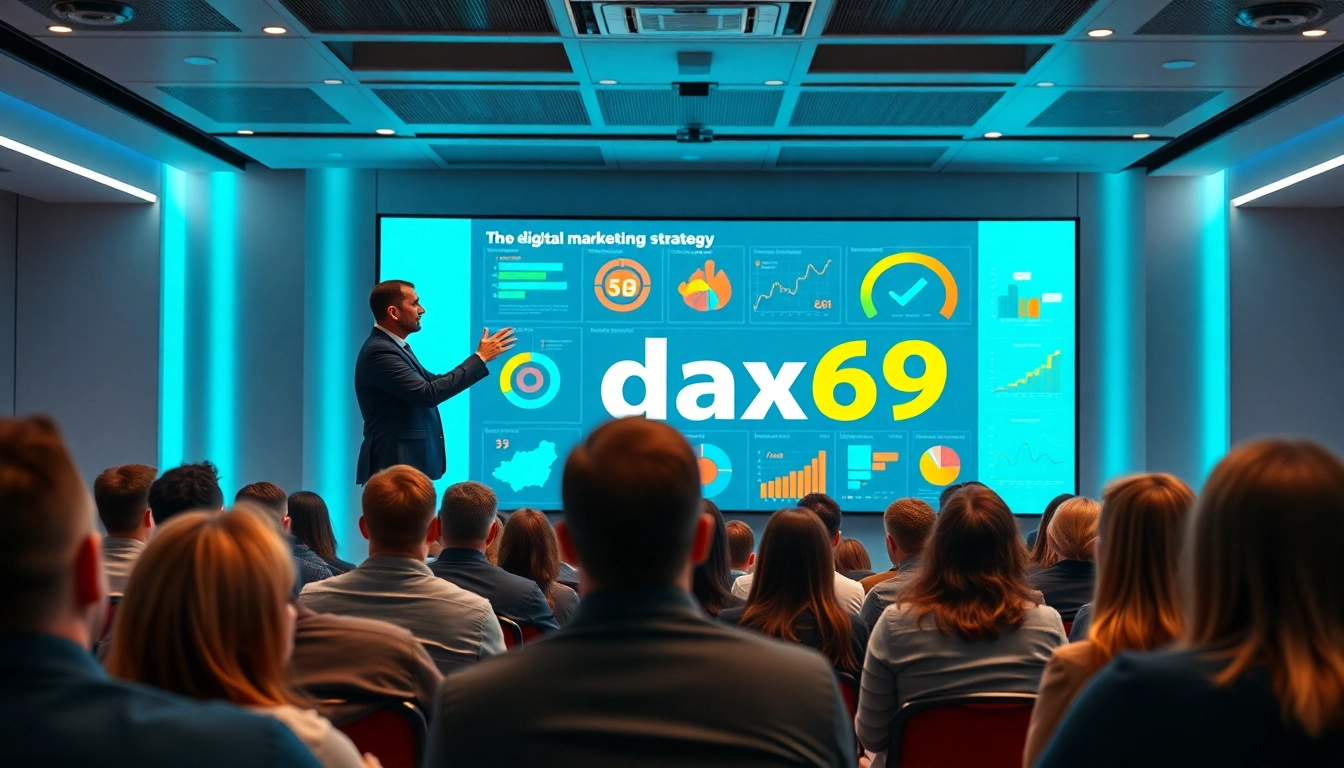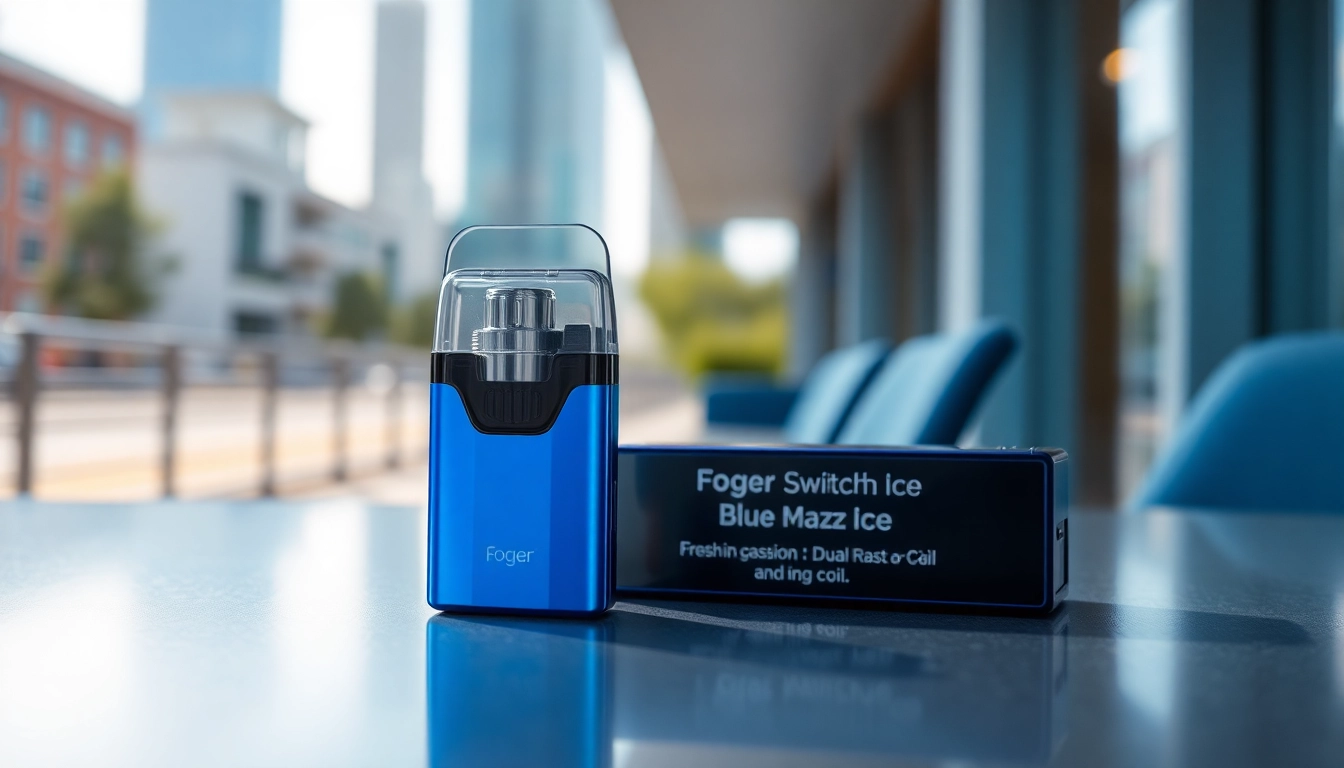The Role of AI Outreach Agents in Modern Sales
In the fast-paced world of sales, efficiency and effectiveness are paramount. As companies seek ways to boost productivity and drive revenue, AI outreach agents have emerged as a transformative solution. These intelligent systems are designed to support sales representatives by automating routine tasks, offering insights, and enhancing overall sales processes. In this article, we will explore what AI outreach agents are, how they improve sales processes, key features to consider, their benefits and challenges, best practices for implementation, and future trends shaping this evolving landscape.
Understanding AI Outreach Agents
AI outreach agents are sophisticated programs that utilize artificial intelligence to perform tasks traditionally handled by sales reps. These tasks, which can be manual and repetitive, include data entry, lead follow-ups, scheduling meetings, and personalizing communication with prospects. By freeing up sales representatives from the mundane aspects of their job, these agents enable them to focus on building relationships and closing deals—activities that require human intuition and emotional intelligence.
The fundamental goal of AI outreach agents is to enhance sales effectiveness. By integrating seamlessly into existing workflows, they automate processes that otherwise consume valuable time, allowing sales teams to operate with greater efficiency and effectiveness.
How AI Outreach Agents Improve Sales Processes
AI outreach agents optimize sales processes in several meaningful ways:
- Automation of Routine Tasks: Sales reps often spend a significant portion of their time on administrative duties, such as tracking leads, entering data in CRM systems, and setting appointments. AI outreach agents automate these tasks, reducing the workload on sales teams.
- Real-Time Analytics: These agents provide actionable insights based on data analysis, enabling teams to make informed decisions quickly. They can identify trends, suggest optimal times for contacting leads, and assess the effectiveness of outreach campaigns.
- Personalized Outreach: With advanced algorithms, AI agents can analyze prospect data and tailor communications to resonate better with individual leads, significantly enhancing engagement and conversion rates.
- Scalability: As companies grow, managing outreach becomes more complex. AI outreach agents can handle an increasing number of leads and tasks without compromising quality, making scaling up smoother.
Key Features to Look for in AI Outreach Agents
When considering the implementation of AI outreach agents, it’s essential to evaluate their features to ensure they align with your sales goals and processes. Here are some critical features to look for:
- Integration Capabilities: The AI agent should integrate seamlessly with existing CRM systems and other sales tools to streamline workflows.
- Machine Learning Algorithms: Look for agents that utilize machine learning to continually improve their performance based on historical data and interactions.
- User-Friendly Interface: A simple and intuitive interface ensures that your sales team can use the agent effectively without extensive training.
- Communication Channels: An effective AI outreach agent should support various communication channels, including email, social media, and messaging platforms.
- Customization Options: Flexibility in customization allows companies to tailor the AI agent’s features and responses to fit their unique sales process and targets.
Benefits of Implementing AI Outreach Agents
Increased Efficiency in Routine Tasks
One of the most significant advantages of AI outreach agents is their ability to increase efficiency in routine tasks. By automating data entry, follow-ups, and various administrative duties, these agents free sales representatives from time-consuming tasks. For example, an AI agent can schedule meetings with prospects based on their availability, ensuring that no lead is left unattended. This efficiency translates into higher productivity and allows sales teams to focus on strategic efforts that drive growth.
Enhanced Personalization in Outreach
In a world where consumers expect personalized experiences, AI outreach agents provide valuable insights to tailor communications effectively. These agents analyze customer data, preferences, and behavior to craft personalized messages that resonate with prospects. Studies have shown that targeted outreach significantly boosts engagement rates; therefore, leveraging the personalization capabilities of AI can lead to improved conversion rates and customer loyalty.
Data-Driven Decision Making
With the ability to analyze vast amounts of data quickly, AI outreach agents empower sales teams to make decisions grounded in evidence rather than intuition alone. Through real-time analytics, they identify which outreach strategies are generating the best results, allowing sales managers to allocate resources effectively. By utilizing data-driven insights, companies can refine their approaches and stay ahead of market trends.
Challenges in Adopting AI Outreach Agents
Integration with Existing Systems
One of the main challenges companies face when adopting AI outreach agents is integrating them with existing sales systems. Many organizations rely on a combination of legacy systems and modern tools, which can complicate the integration process. It’s vital to ensure that the AI agent can function seamlessly within this ecosystem to avoid disruptions and maximize efficiency.
Data Privacy and Security Concerns
As AI systems handle sensitive customer data, concerns surrounding data privacy and security are paramount. Companies must implement robust security measures to protect user data and adhere to regulations such as the GDPR. Ensuring that AI outreach agents employ secure data practices will not only protect the organization but also build trust with customers.
Maintaining Human Touch in Sales
While AI outreach agents can significantly enhance efficiency and personalization, there is a risk of losing the human element in sales. Consumers often appreciate personal interaction, and over-reliance on automation may lead to disengagement. Companies need to strike the right balance between automation and human interaction, using AI to enhance, not replace, the human touch critical in relationship-building within sales.
Best Practices for Leveraging AI Outreach Agents
Identifying Suitable Tasks for Automation
To maximize the benefits of AI outreach agents, organizations should carefully identify which tasks can be automated without losing quality. Tasks that are repetitive, time-consuming, and data-driven are prime candidates for automation. For instance, automating initial outreach emails or follow-ups can significantly reduce the workload while increasing outreach consistency and effectiveness.
Training Your Team on AI Tools
Even the most advanced AI agents require human oversight and direction. Investing in training ensures that your sales team understands how to leverage these tools effectively. Providing ongoing education and support is essential for maximizing the value derived from AI outreach agents. This includes training on interacting with the AI, understanding its outputs, and refining workflows based on performance metrics.
Measuring Success and Performance Indicators
Establishing clear metrics for success is essential to track the effectiveness of AI outreach agents. Key performance indicators (KPIs) such as conversion rates, response rates to outreach, and time saved on administrative tasks can provide valuable insights into the AI agent’s performance and impact on sales. Regularly reviewing these metrics will allow organizations to adjust their strategies and improve overall performance continuously.
The Future of AI Outreach Agents in Sales
Trends Shaping the AI Outreach Landscape
The field of AI outreach agents is rapidly evolving, driven by advancements in machine learning, natural language processing, and data analytics. Emerging trends include hyper-personalization, where AI systems can analyze more detailed data about individual preferences and behavior to craft even more targeted messaging. Additionally, as voice recognition technology evolves, AI outreach may expand into voice-assisted sales outreach, presenting new opportunities for engagement.
Innovations in AI Technology for Sales
Innovations such as predictive analytics and sentiment analysis are transforming how sales teams interact with leads. These capabilities allow AI outreach agents to assess the likelihood of a lead converting based on historical interactions and cues that indicate a prospect’s readiness to engage. As innovation continues, expect AI agents to become more intuitive and capable of executing complex decisions on behalf of sales teams.
Conclusion: Embracing AI for Increased Sales Success
The integration of AI outreach agents into sales workflows is becoming increasingly essential for organizations seeking to improve efficiency and effectiveness. By understanding how these agents work, embracing their benefits while navigating potential challenges, and implementing best practices, sales teams can ensure they leverage AI to its fullest potential. Embracing this technology will not only lead to operational improvements but also to greater customer engagement and satisfaction, ultimately driving sales success.















Leave a Reply